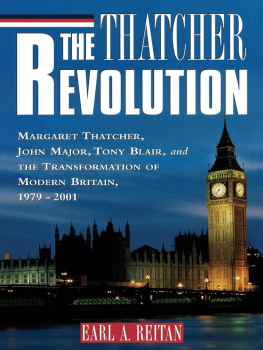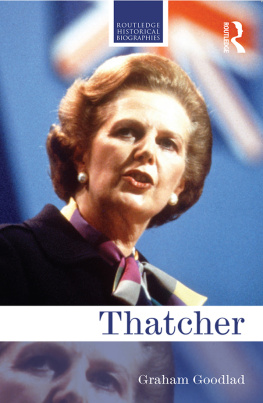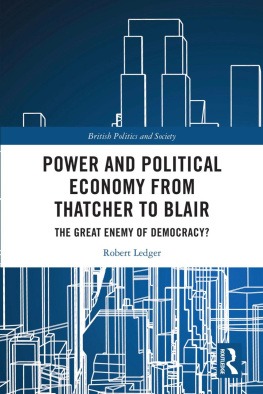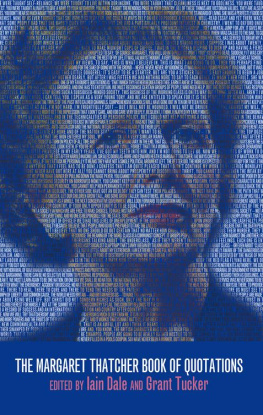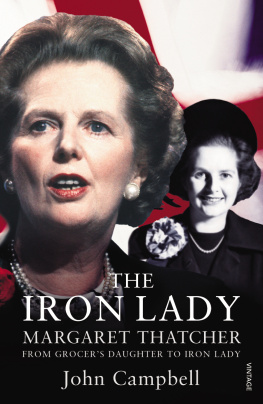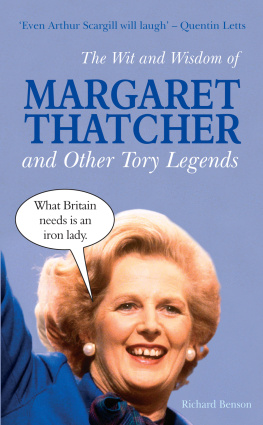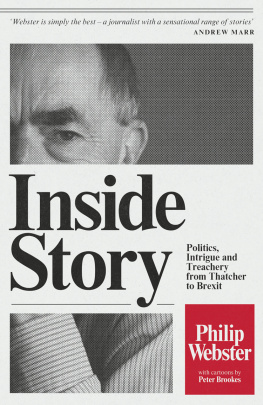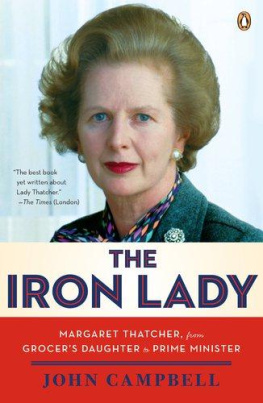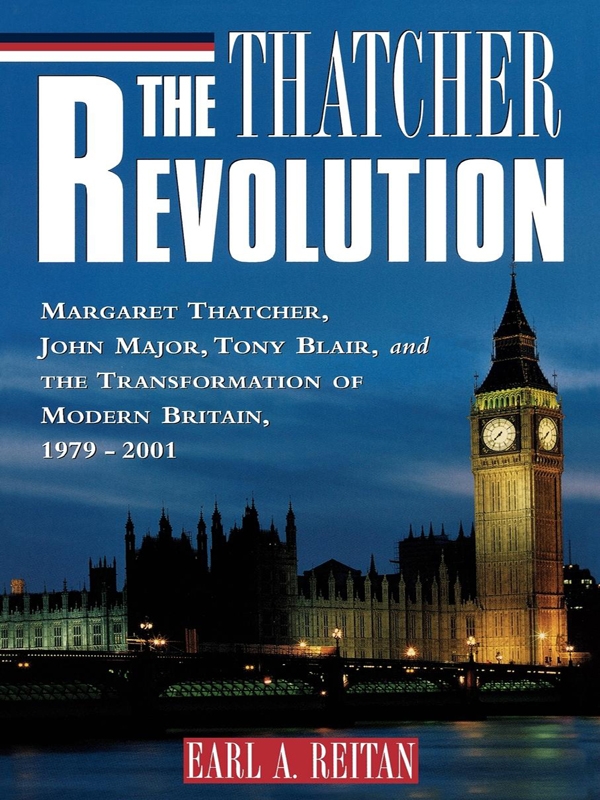Earl A. Reitan was born in Grove City, Minnesota, in 1925. He received his B.A. degree from Concordia College, Moorhead, Minn. (1948) and his Ph.D. degree in history from the University of Illinois (1954). Since 1954, he has been a professor of history (now emeritus) at Illinois State University, Normal, III.
His academic specialty is eighteenth-century Britain. His first book was George III : Tyrant or Constitutional Monarch? (Boston: D.C. Heath, 1965). He published a series of articles in scholarly journals on the political importance of the Civil List, 1689-1804, and the role of Edmund Burke in administrative reform, 1779-1783. He edited The Best of the Gentlemans Magazine, 1731-1754 (Lewiston, N.Y.: Mellen, 1987). He is the author of Politics, War, and Empire: The Rise of Britain to a World Power, 1688-1792 (Arlington Heights, III.: Harlan Davidson, 1994).
He is co-author and general editor of English Heritage (3rd ed., Arlington Heights, III.: Harlan Davidson, 1999), a textbook on English history, for which he wrote the chapters on nineteenth- and twentieth-century Britain. His book entitled Tory Radicalism: Margaret Thatcher, John Major, and the Transformation of Modern Britain, 1979-1997 (Lanham, Md.: Rowman & Littlefield) was published in 1997. The Thatcher Revolution: Margaret Thatcher , John Major, Tony Blair, and the Transformation of Modern Britain, 1979-2001 is a revised and extended version of Tory Radicalism .
He has told the story of his family and his early years in Crossing the Bridge: Growing up Norwegian-American in Depression and War, 1925-1946 (Red Wing, Minn.: Lone Oak Press, 1999). He is a veteran of World War II. Riflemen: On the Cutting Edge of World War II (Bennington, Vt.: Merriam Press, 2001) is based on his experiences in Italy and France, supplemented by archival research, relevant unit histories, and the memories of his comrades.
His wife, Carol, is an executive with the Collaborative Solutions Institute located in Bloomington, Illinois. They have two children: Julia, who lives in San Francisco, and Thomas, Chagrin Falls, Ohio. They have two grandchildren, William Andrew and Mary Veronica of Chagrin Falls.
Bibliographical Note
The factual scaffolding for this book was derived primarily from that useful work of reference, the Annual Register : A Record of World Events (London: Cartermill, 19791999). Unfortunately, the last issue (1998) appeared in 1999. Reference works for the years 19992001 were Whitakers Almanack , published annually by the Stationery Office, and Facts on File . Useful works of reference are Encyclopedia of Modern Britain , ed. Fred M. Leventhal (New York: Peter Lang, 2000), and Twentieth-Century British Political Facts : 1900-2000 by David Butler and Gareth Butler (8th ed., New York: St. Martins, 2000). The main periodicals used were the Times (London), the Sunday Times (London), the New York Times, The Economist , and the Internet edition of the BBC News.
A general survey of postwar Britain is David Childs, Britain since 1945 : A Political History (5th ed., New York: Routledge, 2000). Two good studies of modern British government are Dennis Kavanagh, British Politics: Continuity and Change (4th ed., Oxford: Oxford University Press, 2000) and Ian Budge et al., The New British Politics (2nd ed., London: Longman, 2000). Stimulating discussions of recent British politics are found in Stuart Weir and David Beetham, Political Power and Democratic Control in Britain: The Democratic Audit of the United Kingdom (London: Routledge, 1999); Ian Budge et al., The New British Politics (2nd ed., 2000); Bill Jones and Dennis Kavanagh, Politics: U.K . (4th ed., New York: Prentice Hall, 2000); Jones and Lynton Robins, Debates in British Politics Today (Manchester: Manchester University Press, 2000); and Patrick Dunleavy et al., Developments in British Politics 6 (2000). All have good, up-to-date bibliographies and some list Internet sites.
The Conservative Century: The Conservative Party since 1900 , ed. Anthony Seldon and Stuart Ball (Oxford: Oxford University Press, 1994), puts Thatcherism in perspective. The Conservative Party , ed. Philip Norton (New York: Prentice Hall, 1996), has a similar purpose. Contemporary British Conservatism , ed. Steve Ludlam and Martin Smith (New York: St. Martins, 1996) offers a stimulating collection of essays.
Andrew Thorpe, A History of the British Labour Party (2nd ed., Houndmills, U.K.: Basingstoke, 2001), is a good starting-point book. The Labour Party : A Centenary History is a multiauthor work edited by Brian Brivati and Richard Heffernan (New York: St. Martins, 2000). Labours First Century , ed. Duncan Tanner, Pat Thane, and Nick Tiratsoo (Cambridge: Cambridge University Press, 2000), presents stimulating chapters on Labour ideas as they related to policy.
The transformation of the Labour Party is covered in Eric Shaw, The Labour Party since 1945 : Old Labour, New Labour (Cambridge, Mass.: Blackwell, 1996). New Labour: The Progressive Future? ed. Stuart White (New York: Palgrave, 2001), considers Labour in the light of Third Way ideas. See also Steven Fielding, The Labour Party since 1951 (Manchester: Manchester University Press, 1997). The electoral history of New Labour is covered in The Rise of New Labour: Party Policies and Voter Choices by Anthony F. Heath, Roger M. Jowell, and John K. Curtice (Oxford: Oxford University Press, 2001).
David Butler with Dennis Kavanagh has published studies of the British general elections of 1979, 1983, 1987, 1992, 1997, and 2001. See also David Butler and Gareth Butler, Twentieth-Century British Political Facts: 19002000 (8th ed., 2000), cited earlier.
Margaret Thatchers memoirs entitled The Downing Street Years (London: HarperCollins, 1993) and The Path to Power (London: HarperCollins, 1995) were important sources for the earlier chapters, not only for Lady Thatchers own perspective on her life and political career, but as storehouses of factual information. They are well indexed, with useful appendixes providing a chronology and lists of officeholders.
Memoirs of other participants also were useful. Sir Geoffrey Howe, Conflict of Loyalty (London: Macmillan, 1994) tells the story of Thatchers chancellor of the Exchequer and foreign secretary. Nigel Lawson, The View from No . 11 (New York: Doubleday, 1993) is a full account of the Thatcher ministry written by her brilliant, willful chancellor of the Exchequer. Interesting autobiographies are Nicholas Ridley, My Style of Government : The Thatcher Years (London: Hutchinson, 1991) and Norman Fowler, Ministers Decide: A Personal Memoir of the Thatcher Years (London: Chapmans, 1991). Relevant to the Thatcher and Major ministries is Michael Heseltine: Life in the Jungle (London: Hodder & Stoughton, 2000), an autobiography. A good biography is Michael Heseltine: A Biography (London: Hamish Hamilton, 1997) by Michael Crick.
John Major offers valuable insights into the Thatcher government, as well as a detailed account of his own, in John Major: The Autobiography (New York: HarperCollins, 1999). Other biographical accounts of Majors ministry are Norman Lamont, In Office (London: Little, Brown, 1999); and Sarah Hogg and Jonathan Hill, Too Close to Call: Power and Politics John Major in No . 10 (London: Little, Brown, 1995). Anthony Seldon, Major: A Political Life (London : Weidenfeld & Nicolson, 1997), is a detailed biography.
An informed assessment of the Thatcher ministry with valuable economic data is Peter Riddell, The Thatcher Era and Its Legacy (2nd ed., Oxford: B. Blackwell, 1991). See also Anthony Seldon and Daniel Collings, Britain under Thatcher (New York: Longman, 1999), Shirley R. Letwin, The Anatomy of Thatcherism (New Brunswick, N.J.: Transaction, 1993), and Andrew Gamble, The Free Economy and the Strong State: The Politics of Thatcherism (2nd ed., London: Palgrave Macmillan, 1994). A book offering an alternative view of Thatcherism is Will Hutton, The State Were In (rev. ed., London: Random House, 1996).

